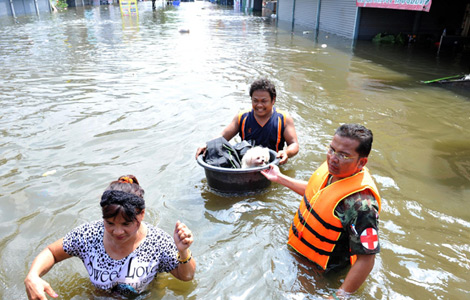Tough Rides
Updated: 2011-10-23 08:33
(China Daily)
|
|||||||||||
|
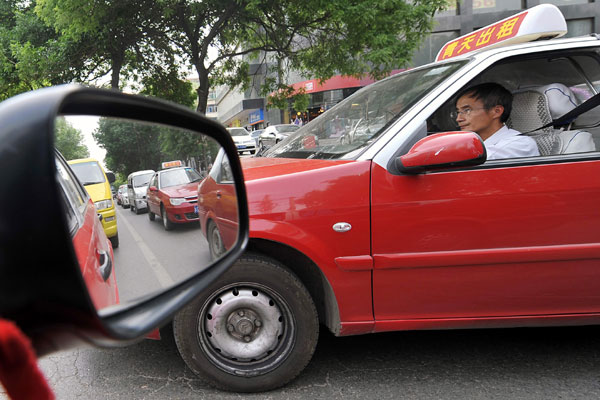 |
|
China's cab drivers are having to pay a price with heavy congestion in the cities, hefty rental charges, growing numbers of private-car owners and long, tiring hours on the roads to make ends meet. Photos Provided to China Daily |
Reports by Xu Junqian, Wang Kaihao, Tiffany Tan, Guo Shuhan, Liu Zhihua, Erik Nilsson and Deng Zhangyu.
Long hours stuck in traffic jams. Irregular meals, infrequent toilet breaks and no holidays. Hefty monthly charges, escalating fuel prices and the threat of fines at every corner. There is no time to fall sick, even if their daily routine is a sure route to ill health.
That is the life China's cab drivers face every day, and given a choice, they say, they would never have gotten behind the wheel.
In Beijing, more and more taxi drivers are coming from the rural suburbs, and passengers have to strain hard to understand their thick accents, and often have to give laborious instructions to destinations beyond the Second Ring Road.
Most are farmers, laid-off workers or those who had come from menial jobs as laborers, construction workers or railway hands.
The attraction is the monthly take-home pay of between 3,000 to 4,000 yuan a month, triple what they can make from the lower-rung blue-collar jobs.
But it is hard work, very hard work. As soon as a driver starts his shift, he has to pay off the rental fees.
His monthly dues to the cab company ranges from at least 3,000 yuan for a two-man shift to 5,000 yuan if he is on a single shift. He may pay as much or more for gas before he earns any money for himself.
In addition, there are the "miscellaneous expenses". Government inspectors do sudden checks, and impose fines that average about 200 yuan every time a vehicle fails to make the grade in hygiene or in cleanliness.
Their own taxi companies also send out inspectors.
"Once, a guy ran his hand along the underside of the car using white gloves," says 50-year-old Lu Huaping. "To avoid getting my cab dirty, I seldom take passengers to railway stations." Railway stations are notoriously dusty and dirty, according to the cabbies. And it's not just the exterior of the taxi, the drivers must also try to keep the inside spick-and-span.
"I pay 40 yuan a month for these," Kong Jinqi, 45, says, pointing to the white and blue seat covers.
The country may be getting affluent and more people can afford to take cabs, but the competition has also grown in tandem. A better subway system, bus services and a growing population of private car owners eat into their incomes.
But the worst nightmare comes from the congestion on city roads.
Ferrying passengers from point to point used to take only a few minutes, says Li Jinde, 39, a cab driver for seven years.
Hot Topics
Libya conflict, Gaddafi, Oil spill, Palace Museum scandal, Inflation, Japan's new PM, Trapped miners, Mooncake tax, Weekly photos, Hurricane Irene
Editor's Picks
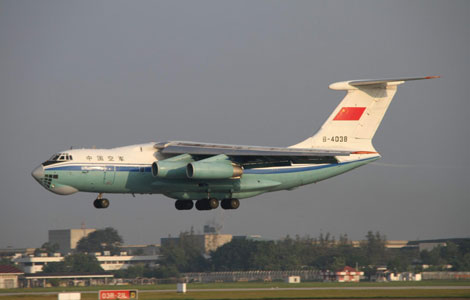
|
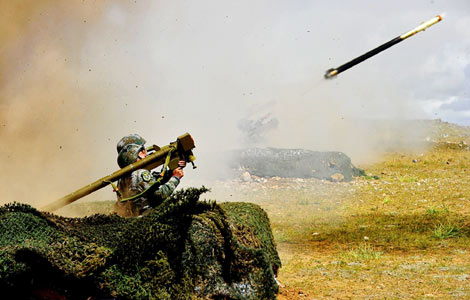
|
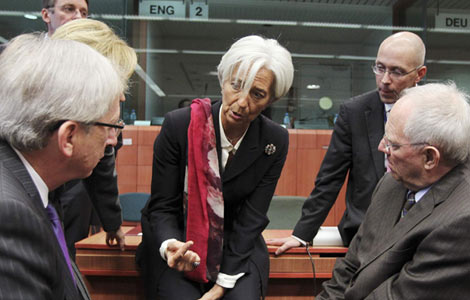
|

|

|

|




